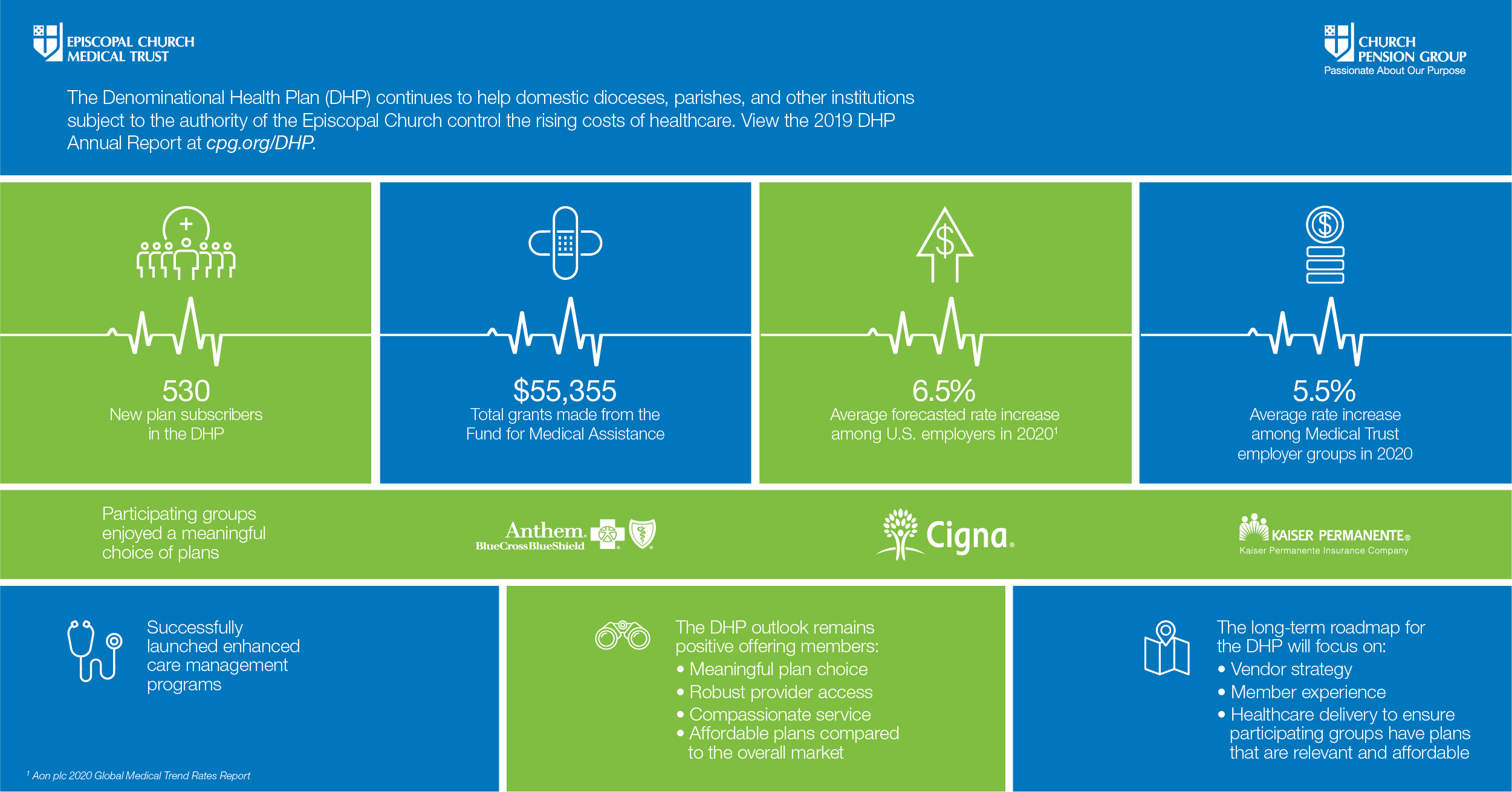Check Out The Fascinating Trip Of Catholic Schools And Their Significant Contribution To Education And Learning-- Could Their Customs Be Critical For Future Learning?
Check Out The Fascinating Trip Of Catholic Schools And Their Significant Contribution To Education And Learning-- Could Their Customs Be Critical For Future Learning?
Blog Article
Web Content By-Medlin Grace
When you take into consideration the history of education and learning, Catholic schools stand apart for their deep-rooted practices and long-term influence. These organizations began as a way to infuse faith and worths, but they've adapted incredibly over centuries. Today, they play a crucial role fit not simply scholastic success but likewise moral integrity. What's fascinating is exactly how they've taken care of to thrive amidst changing cultural landscapes, raising questions regarding their future importance and impact.
The Beginnings of Catholic Education: A Historical Perspective
Catholic education traces its roots back over 1,500 years, when very early Christian areas acknowledged the need for organized understanding. https://postheaven.net/vince1sylvester/preparing-students-permanently-the-all-encompassing-strategy-of-catholic 'll locate that these areas aimed to hand down their confidence and values through education and learning.
click for info and cathedral schools became centers of learning, nurturing both spiritual and intellectual growth. As you delve deeper, you'll see that the educational program commonly consisted of viewpoint, theology, and the liberal arts, designed to form well-rounded individuals.
Over time, the Church established more formal establishments, guaranteeing that education stayed easily accessible to all. The commitment to mentor ethical worths and fostering a feeling of community has actually continued with the centuries, shaping the instructional landscape and affecting countless lives worldwide.
This long-lasting tradition remains to influence Catholic education and learning today.
The Evolution of Catholic Colleges Through Cultural Contexts
As societies developed, so did the duty of Catholic schools, adapting to the social contexts in which they existed. In the early years, these institutions concentrated largely on spiritual instruction, yet as areas diversified, they started to integrate local languages, customs, and instructional demands.
https://click4r.com/posts/g/21233390/just-how-catholic-education-contributes-to-personality-structure-and-a would certainly observe that Catholic institutions commonly came to be centers for social communication, promoting a sense of belonging amongst pupils from numerous histories. In several regions, they attended to societal problems, such as poverty and discrimination, by giving easily accessible education and learning for all.
As you explore various societies, you'll see just how Catholic colleges have shifted their curricula and mentor methods, showing the values and difficulties of their environments while holding to their fundamental mission of belief and scholastic quality.
The Modern Function and Impact of Catholic Schools in Society
In today's globe, Catholic institutions play a vital function fit not just the instructional landscape, but also the wider community.
You'll discover that these institutions stress worths like respect, empathy, and social justice, cultivating all-around individuals that contribute positively to society. By focusing on scholastic quality and ethical advancement, Catholic institutions prepare students for future obstacles, nurturing crucial thinking and leadership abilities.
https://phil.blogbright.net/the-function-of-catholic-education-in-promoting-acts-of-compassion-and-solution serve diverse populaces, bridging gaps in accessibility to top quality education and learning. In addition, you may discover their dedication to service, urging students to participate in community outreach and volunteer job.
This mix of education and learning and moral support makes Catholic institutions a significant pressure, cultivating liable citizens who can impact their areas for the better.
Verdict
To conclude, Catholic institutions have an abundant background that's formed their enduring influence on society. You've seen just how they've adapted to different social contexts while keeping a dedication to faith, values, and scholastic excellence. Today, they remain to play a vital role in fostering community, advertising social justice, and nurturing responsible citizens. As you assess their legacy, it's clear that Catholic institutions continue to be an effective force for favorable adjustment worldwide.
